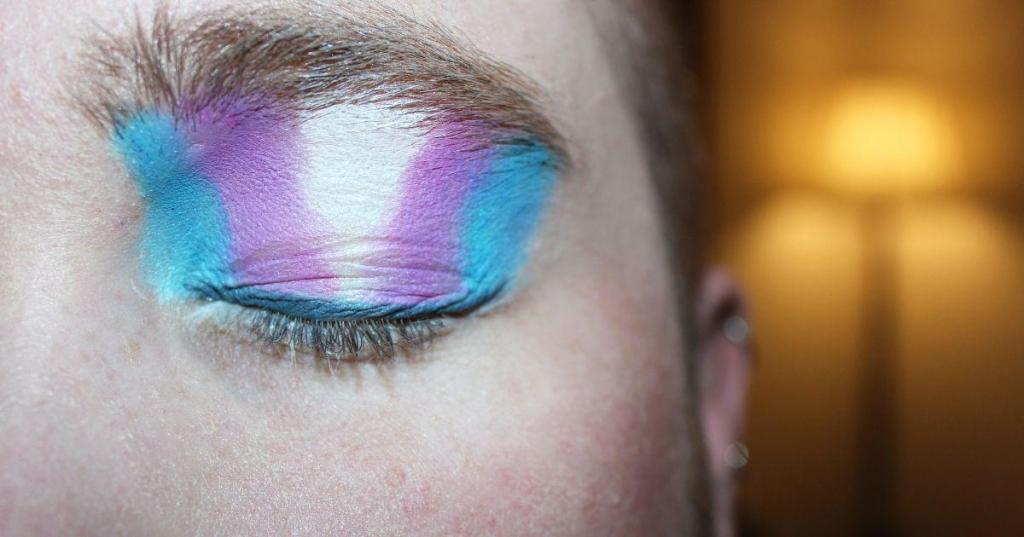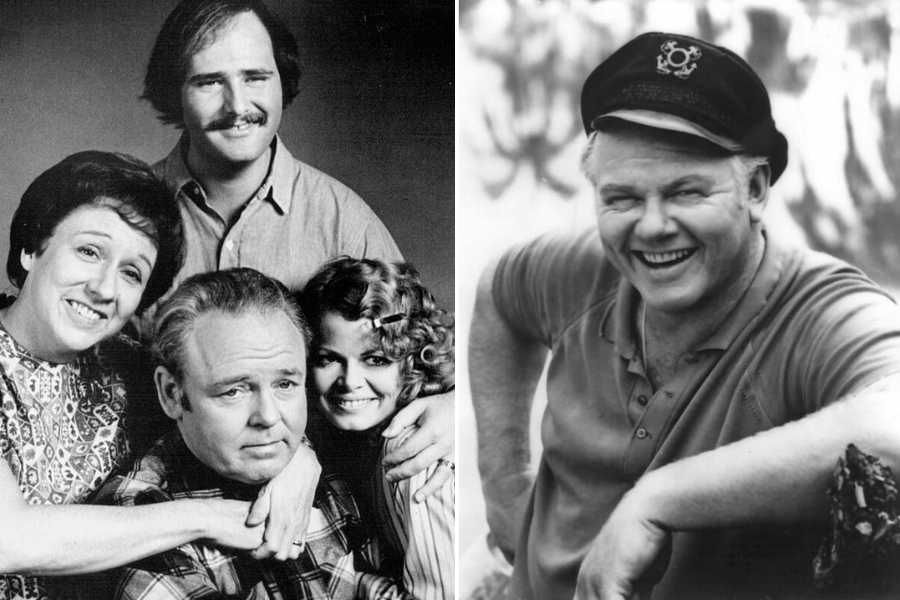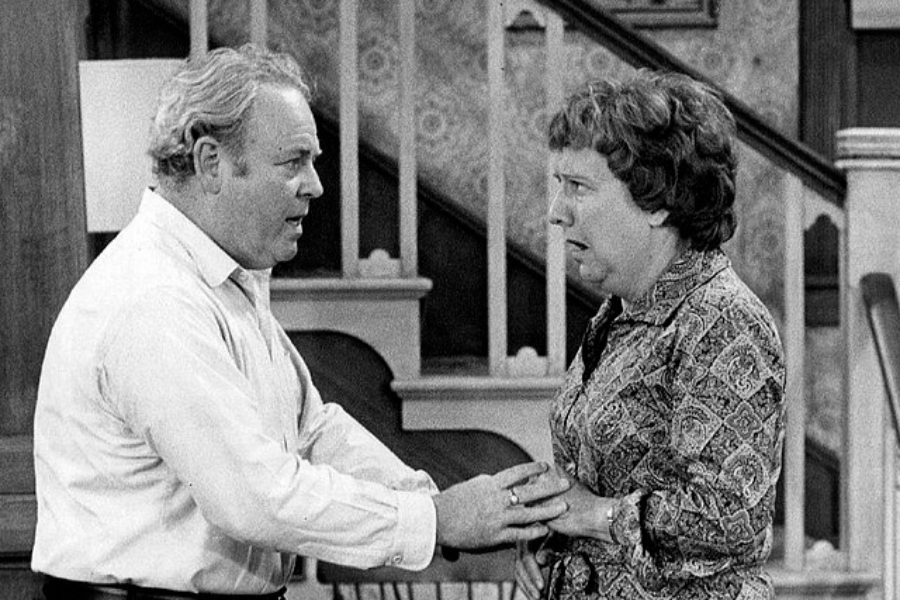When Charlie, a 10-year-old boy, came in for his first visit, he didn’t look at me or my colleague. Angry and crying, he insisted to us that he was cisgender – that he was a boy and had been born male.
A few months before Charlie came into our office, he handed a note to his mother with four simple words, “I am a boy.” Up until that point Charlie had been living in the world as female – the sex he was assigned at birth – though that was not how he felt inside. Charlie was suffering from severe gender dysphoria – a sense of distress someone feels when their gender identity doesn’t match up with their assigned gender.
I am a pediatrician and adolescent medicine specialist who has been caring for transgender youth for over a decade using what is called a gender-affirmative approach. In this type of care, medical and mental health providers work side by side to provide education to the patient and family, guide people to social support, address mental health issues and discuss medical interventions.
Getting on the same page
The first thing our team does is make sure our patients and families understand what gender care is. We always begin initial visits in the same way. “Our goal is to support you and your family on this journey, whatever that may look like for you. My name is Mandy and I am one of the doctors at CATCH – the Child and Adolescent Trans/Gender Center for Health program. I use she/her pronouns.” Sharing pronouns helps transgender people feel seen and validated.
We then ask patients and families to share their gender journey so we can better understand where they are coming from and where they hope to go. Charlie’s story is one we often hear. A kid may not think much about gender until puberty but begins to experience worsening gender dysphoria when their body starts changing in what feels like the wrong way.

Social transitions with family help
Transgender and gender-diverse youth (those whose gender identity doesn’t conform to the norms expected of their assigned sex) may face transphobia and discrimination, and experience alarmingly higher rates of depression, anxiety, self-harm and suicide than their cisgender peers. One option can be to socially transition to their identified gender, both at home and in the outside world.
An important first step is to help parents become allies and advocates. Connecting parents with one-to-one as well as group support can help facilitate education and acceptance, while helping families process their own experience. Charlie’s parents had been attending a local parent group that helped them better understand gender dysphoria.
In addition to being accepted at home, young people often want to live in the world in their identified gender. This could include changing their name and pronouns and coming out to friends and family. It can also include using public spaces like schools and bathrooms, participating on single-gender sports teams and dressing or doing other things like binding breasts or tucking back male genitalia to present more in line with their gender identity. Though more research needs to be done, studies show that youth who socially transition have rates of depression similar to cisgender peers.
Many young people find that making a social transition can be an important step in affirming identity. For those that still struggle with depression, anxiety and managing societal transphobia, seeing a therapist who has knowledge of and experience with gender-diverse identities and gender dysphoria can also be helpful.
However, most young people also need to make physical changes to their bodies as well to feel truly comfortable.

Gender-affirming medical interventions
When I first met Charlie, he had already socially transitioned but was still experiencing dysphoria. Charlie, like many people, wanted his physical body to match his gender identity, and this can be achieved only through medical interventions – namely, puberty blockers, hormonal medications or surgery.
For patients like Charlie who have started experiencing early female or male puberty, hormone blockers are typically the first option. These medications work like a pause button on the physical changes caused by puberty. They are well studied, safe and completely reversible. If a person stops taking hormone blockers, their body will resume going through puberty as it would have. Blockers give people time to further explore gender and to develop social supports. Studies demonstrate that hormone blockers reduce depression, anxiety and risk of suicide among transgender youth.
Once a person has started or completed puberty, taking prescribed hormones can help people match their bodies with their gender identities. One of my patients, Zoe, is an 18-year-old transgender woman who has already completed male puberty. She is taking estrogen and a medication to block the effects of testosterone. Together, these will help Zoe’s body develop breasts, reduce hair growth and have an overall more female shape.
Leo, another one of my patients, is a 16-year-old transgender man who is using testosterone. Testosterone will deepen Leo’s voice, help him grow facial hair and lead to a more male body shape. In addition to testosterone, transgender men can use an additional short-term medication to stop menstruation. For nonbinary people like my 15-year-old patient Ty, who is not exclusively masculine or feminine, my colleagues and I personalize their treatments to meet their specific need.
The health risks from taking hormones are incredibly small – not significantly different, in fact, than the risks a cisgender person faces from the hormones in their body. Some prescribed hormone effects are partially reversible, but others are more permanent, like voice deepening and growth of facial hair or breasts. Hormones can also impact fertility, so I always make sure that my patients and their families understand the process thoroughly.
The most permanent medical options available are gender-affirming surgeries. These operations can include changes to genitals, chest or breasts and facial structure. Surgeries are not easily reversible, so my colleagues and I always make sure that patients fully understand this decision. Some people think gender-affirming surgeries go too far and that minors are too young to make such a big decision. But based on available research and my own experience, patients who get these surgeries experience improvements in their quality of life through a reduction in dysphoria. I have been told by patients that gender-affirming surgery “literally saved my life. I was free [from dysphoria].”
[Get our best science, health and technology stories. Sign up for The Conversation’s science newsletter.]
Ongoing gender care
In March 2021, nearly five years after our first visit, Charlie walked into my exam room. When we first met, he was struggling with his gender, anxiety and depression. This time, he immediately started talking about playing hockey, hanging out with friends and making the honor roll. He has been on hormone blockers for five years and testosterone for almost a year. With the help of a supportive family and a gender-competent therapist, Charlie is now thriving.
Being transgender is not something that goes away. It is something my patients live with for their entire lives. Our multidisciplinary care team continues to see patients like Charlie on a regular basis, often following them into young adulthood.
While more research is always needed, a gender-affirmative approach and evidence-based medicine allows young transgender people to live in the world as their authentic selves. This improves quality of life and saves lives, as one of our transgender patients said about his experience receiving gender-affirming care. “I honestly don’t think I would be here had I not been allowed to transition at that point. I’m not always 100%. But I have hope. I am happy to see tomorrow and I know I will achieve my dreams.”
Mandy Coles is a Clinical Associate Professor of Pediatrics and co-director of the Child and Adolescent Trans/Gender Center for Health at Boston University.
This article first appeared on The Conversation. You can read it here.



























